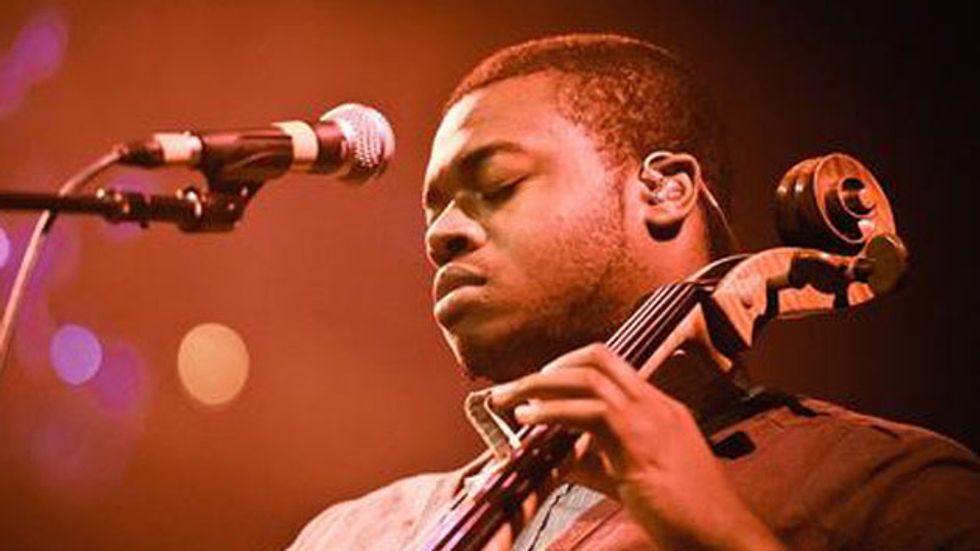Whether you are a violin prodigy or struggle to play “Twinkle Twinkle” on the recorder, everyone has some connection to music. Music is a way people communicate their thoughts and feelings; it is simultaneously unifying and intensely personal, unique yet relatable. But for many who didn’t pursue music through or after college, playing an instrument may seem like a skill reserved only for those who persevered through lessons as a child and somehow emerged on the other side actually liking their instrument.
But despite the common myth that learning an instrument gets harder as you get older, there are actually plenty of great reasons you should dust off that old cello or pick up the trombone and give it a try. In addition to the proven scientific benefits of playing an instrument, here are six reasons it’s not too late to learn an instrument in your twenties:
1) There’s no pressure. Unlike playing instruments as a child, there is no pressure when you are playing an instrument for fun in your twenties. You won’t have to prepare for recitals, or listen to classmates who are all playing the same repertoire of Mozart sonatas. There is absolutely nothing stopping you from working at your own pace, being patient with yourself, and discovering what you like and what you don’t like when it comes to playing an instrument.
2) It will challenge you. Anytime you do something new, it will be challenging. But challenging yourself in a pressure-free environment is like exercise for your soul. You will have to discipline yourself to focus, work hard to achieve goals you set for yourself, and learn how to overcome difficulties and frustrations. Learning a new instrument helps to build character, and those skills will help you to handle challenges in all aspects of your life.
3) You will hone a different set of skills. Whether you are learning how to quicken your transitions between chords on a guitar or reading sheet music for the first time, your mind and body must remain in sync and focused. Playing an instrument requires you to hone a very specific combination of mental and physical skills, and it is empowering to explore the different things your body and mind can do together.
4) There’s so much you will discover. Beyond the practice of physically playing, learning a new instrument will force you to learn about all kinds of new things. You will discover music as you search for pieces to play. You will appreciate music you did not find value in before. You might even learn that you are intrigued by music theory, or that you’d like to learn more about the mysterious biography of Franz Liszt. Whatever piques your interest, you can be sure you will learn a lot more than just how to play a new instrument.
5) It’s important to try new things. When was the last time you truly started something from ground zero and gave it a good, honest shot? We are scared to try to new things because it seems like the stakes are higher, so if we fail, we fall farther. With rent to pay, contemplating if we like our current job, deciding whether or not to go back to school – being in our twenties can be a confusing time, and that confusion can keep us from stepping outside of our comfort zone. Learning a new instrument will help you to embrace your inner child, and help you to let go of self-consciousness and judgment.
6) You just might love it. Music is for life, and being able to create music is one of the best gifts you could give yourself. You might learn a few songs on the guitar, or that one flute part from Celine Dion's "My Heart Will Go On" and decide that playing an instrument is not for you, or you might end up playing your whole life. There’s only one way to find out.






 The minimum wage is not a living wage.
StableDiffusion
The minimum wage is not a living wage.
StableDiffusion
 influential nations
StableDiffusion
influential nations
StableDiffusion











